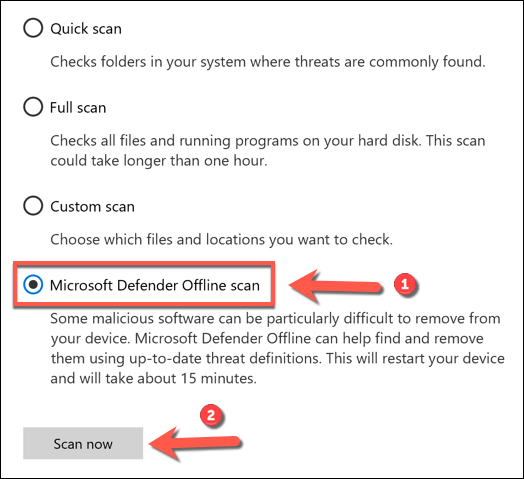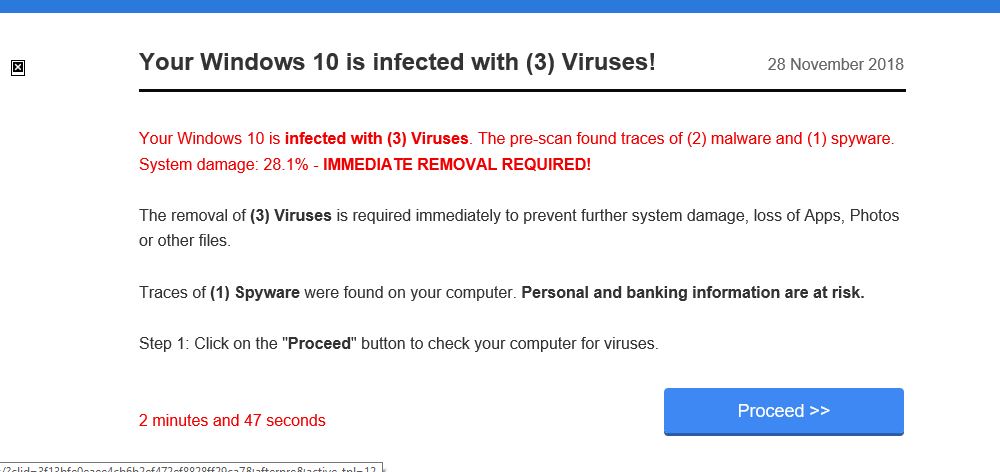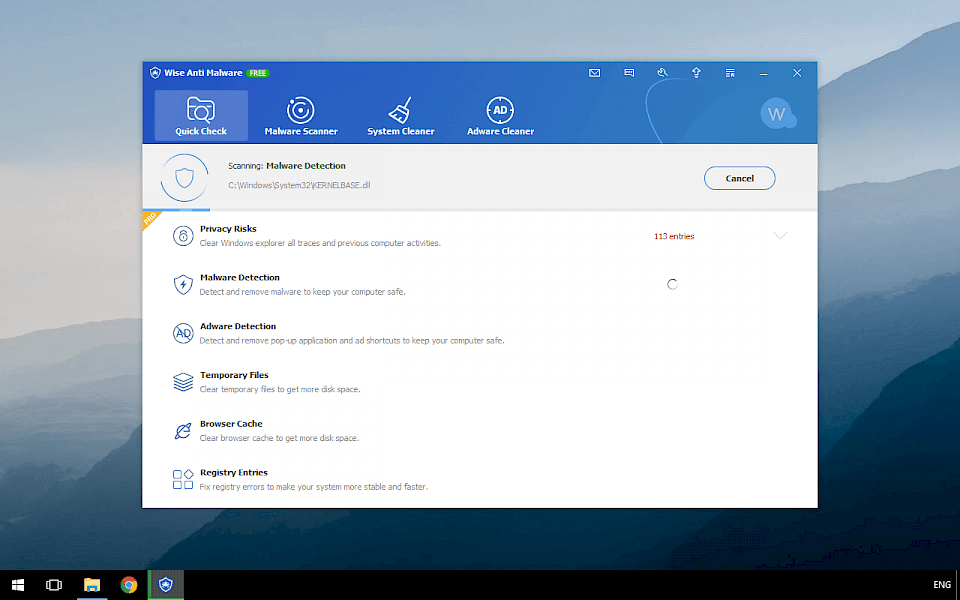

In Windows 10, Windows 8, and Windows 7, the defragmenter tool runs automatically, so you most probably don’t need to worry about this.ĥ.

You can fix this by using the Windows disk defragmenter (Optimize Drives). Thus, the storage space is used inefficiently and reduces your PC’s performance, making it harder for your operating system to open a file. In simple terms, this means that parts of these files get stored in different areas of the drive and not next to each other. Over time, files kept on a hard drive become fragmented. Just keep in mind you can always reopen your recent browsing history / recently closed tabs – well unless you’re browsing in Incognito/Private mode, but that’s a different story. But let’s be honest, you most probably won’t need to do it. I know, you may be tricked into thinking you may actually need to go back and revisit every tab you’ve opened in a browsing session. Or if you don’t feel like saying goodbye to your favorite extensions, just disable them so they don’t run on each webpage.ĭelete excess cache. If you’re carrying along tons of cache and browsing history, this may be the reason your browser is so slow.Ĭlose unnecessary tabs as you open new ones. Oh, the tabs clutter, we’ve all been there. Here is a list of Chrome extensions to increase your online safety – just make sure you pick out what you really need and don’t use all of our suggestions simultaneously. What can you do about your browser’s speed? You can see how your browser is performing in Windows Task Manager. Your browser may be using too many computer resources. In this case, you need to check all your files stored and do a clean-up.ģ. There is no storage space on your hard disk. Press CTRL+ALT+DELETE simultaneously, choose Task Manager and a list of the current apps you have open will be shown.Ģ. Windows Task Manager will help you see which programs use the most of your RAM memory. This might be caused by the high number of apps you’re currently using. Here are some of the most common issues that slow down your PC: It’s a known fact that one of the malware’s main activities is to slow down your operating system, no matter if you’re browsing the Internet or simply accessing your local applications.įirst, you need to investigate the causes and try to understand what is going on. I know, it’s so frustrating to see it working slowly. If you’re dealing with this scenario, it could mean you have viruses on your computer. Scenario #1: “My computer applications run slowly and they take longer than usual to start.”
#Check for malware windows 10 Pc
/microsoft-windows-malicious-software-removal-tool-23ac204903fc43f1927d35abcf50d72c.png)
Use these quick links to easily navigate and see some of the most common warning signs displayed on a computer: In this article, we’ll show you the most frequent warning signs of malware infection on computers running Microsoft Windows and what can you do about it.

But there is so much more you need to be aware of and understand, so you can quickly take action. This is one of the many warning signs that show your PC might suffer from malware infection. Unfortunately, the answer might be “ yes” and your PC could be already infected with a virus or next-gen malware that is slowing down its performance. You keep waiting until you start asking yourself: “Is my computer infected with malware?” More than that, it takes too long for your files or apps to load. You’re working on an important project and suddenly, you start seeing annoying pop-ups showing up on your computer. Here’s one of the scenarios you may not like, but which sadly, could happen to you any day.


 0 kommentar(er)
0 kommentar(er)
